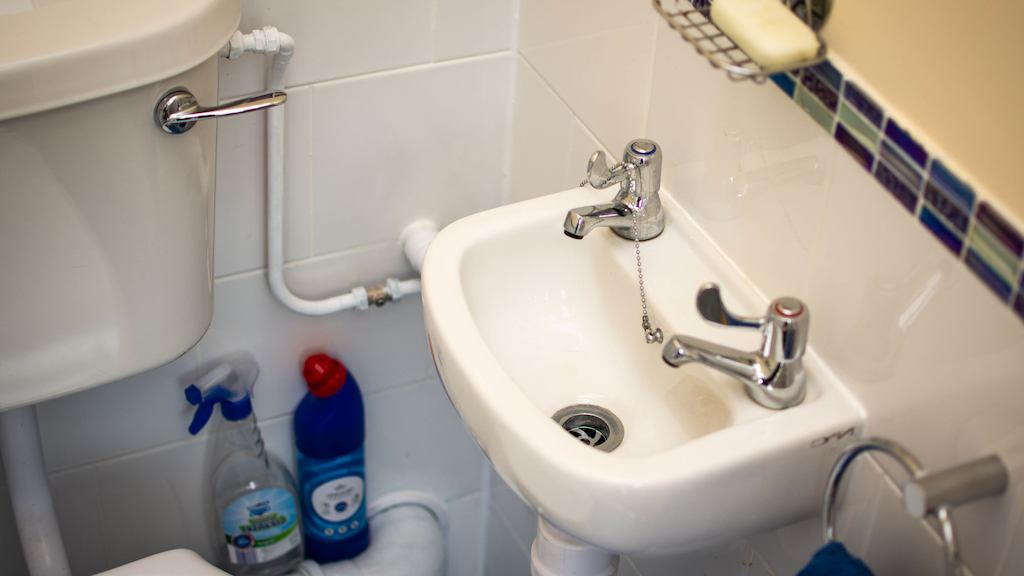Resource
Centre for Ageing Better
13 Jul 2021

We want more retailers to bring inclusively designed home products to the market, such as eye-level ovens and walk-in showers, that work for all of us at every age.
Over 50s consumers are a valuable and growing market whose needs – our research suggests – are currently not being well met by retailers. The nationally representative poll of people aged 50 and over by Ipsos MORI on behalf of Centre for Ageing Better (2020) found that
only two in five (40%) agreed that, when thinking about home products (that is, fixtures, fittings, appliances, furniture and smaller objects in your home), retailers of home products understand the needs of people their age
only a third (34%) agreed that retailers of home products care about people their age
Over 50s consumers have huge spending power, already spending £319 billion a year (excluding housing costs), equivalent to roughly 54% of total household consumer spending (ILC UK, 2019). Despite this, products that are designed to support the needs of over 50s consumers appear to remain an overlooked, and at best, niche market.
Ageing Better believes the wider retail market offers an important opportunity to meet the needs of the UK’s ageing population, which cannot be fulfilled by specialist retailers (who focus on retailing ageing or disability-specific products) alone. They should consider how our needs for home products change throughout our lives.
Designing inclusive home products that work for us at every age can better serve the population, as a whole.
Examples of inclusive design include easy-pull or easy-turn controls that can be operated one-handed or with minimal effort; interaction points at user-friendly heights, such as eye-level ovens; and products designed to be easy to clean.
As retailers develop strategies to differentiate themselves in future markets they should focus on developing inclusive product ranges. They also need to focus on improving customer experience, including better point-of-sale guidance to help over 50s consumers make informed choices about which products would best suit their needs.
Sign up to receive the latest news, research, policy updates and events about ageing.
SubscribeContact our team for more information
Contact us